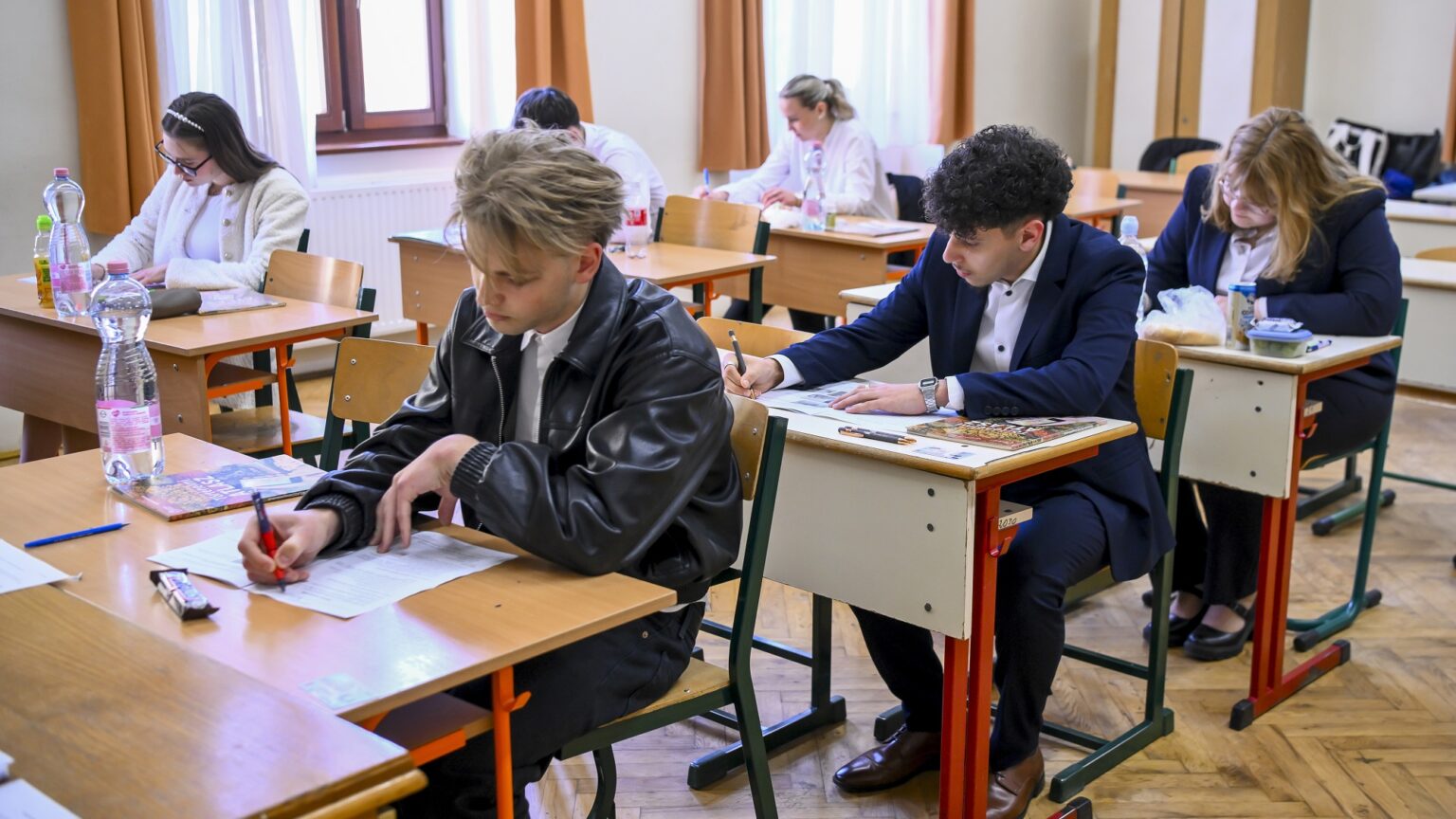
In Hungary, students take a so-called ‘érettségi’ (maturity) exam at the end of their high school education, which serves as both their SAT and GED in the American context. These exams take place in early May every year—students are taking their exams as we are writing this article.
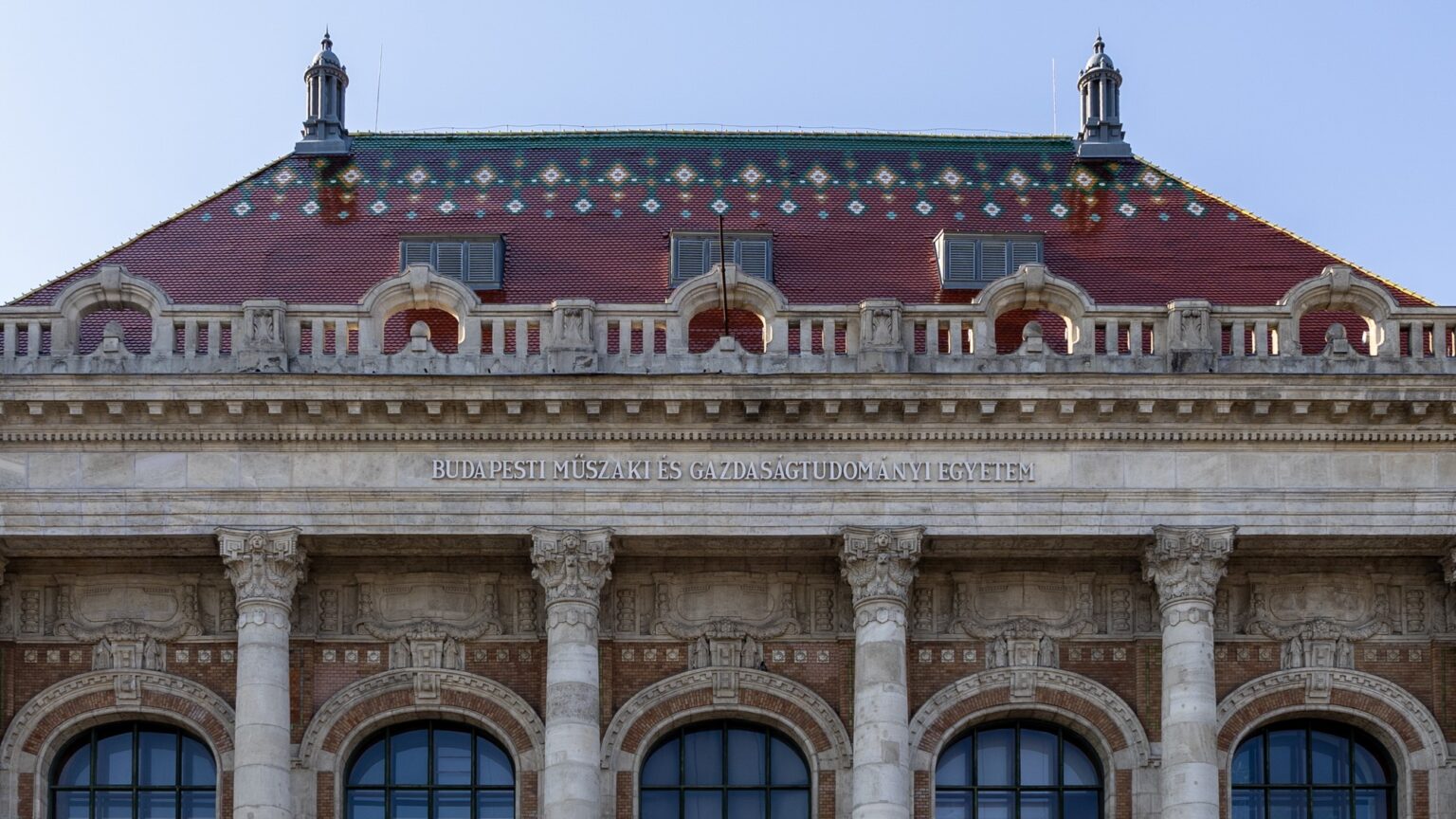
Hungary’s top scientific network, HUN-REN, and the Budapest University of Technology and Economics (BME) have signed a strategic partnership aimed at strengthening collaboration in research, innovation, and education across key technological fields.
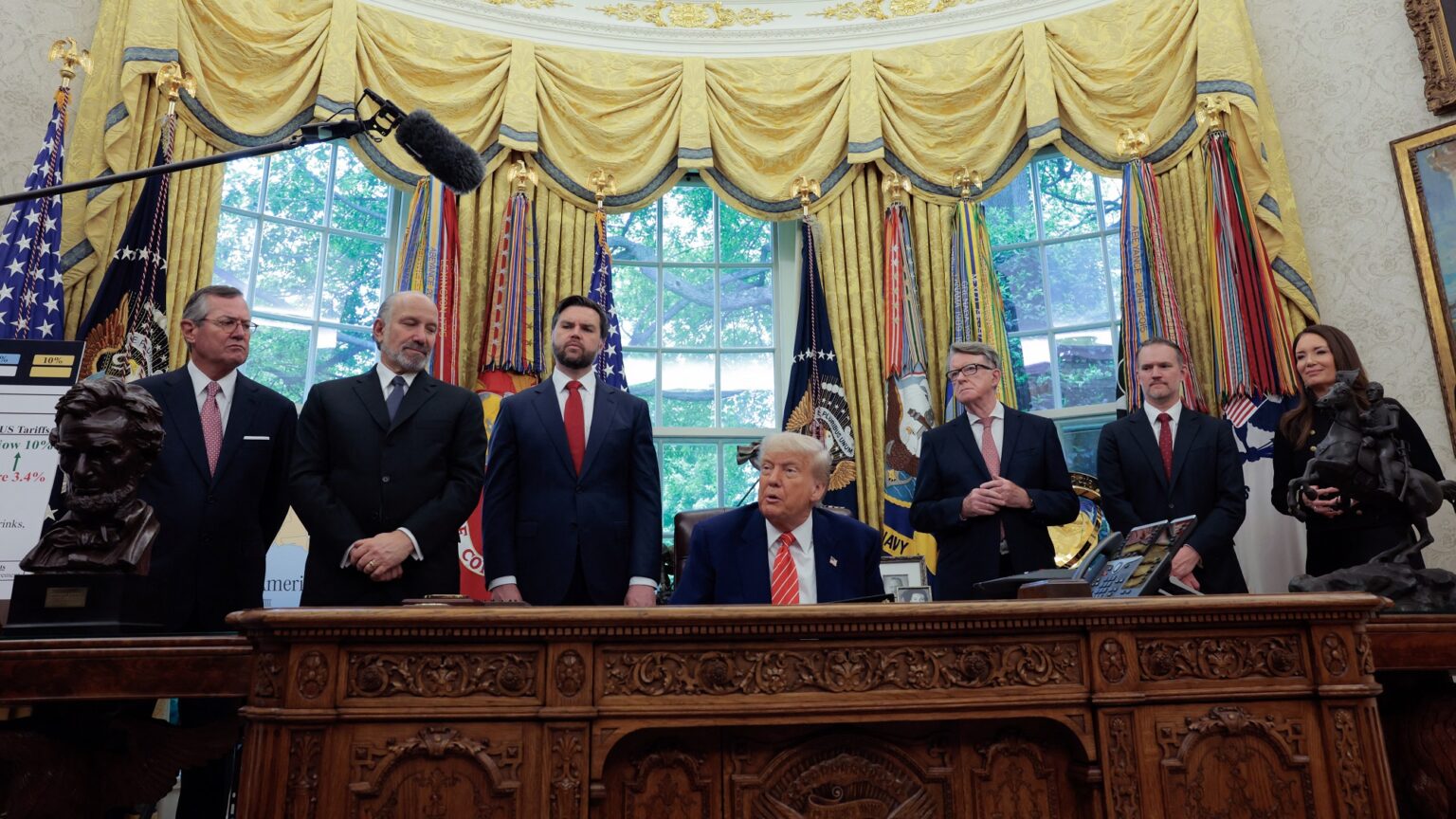
At a press conference on Thursday, President Trump revealed that the first country to sign a new trade agreement with the US under his second term is the United Kingdom. Per the new deal, the US will have a baseline tariff of 10 per cent imposed on the UK, with certain exceptions, such as UK-made steel. Meanwhile, the UK will drop its tariffs on US goods from 5.1 to 1.8 per cent.
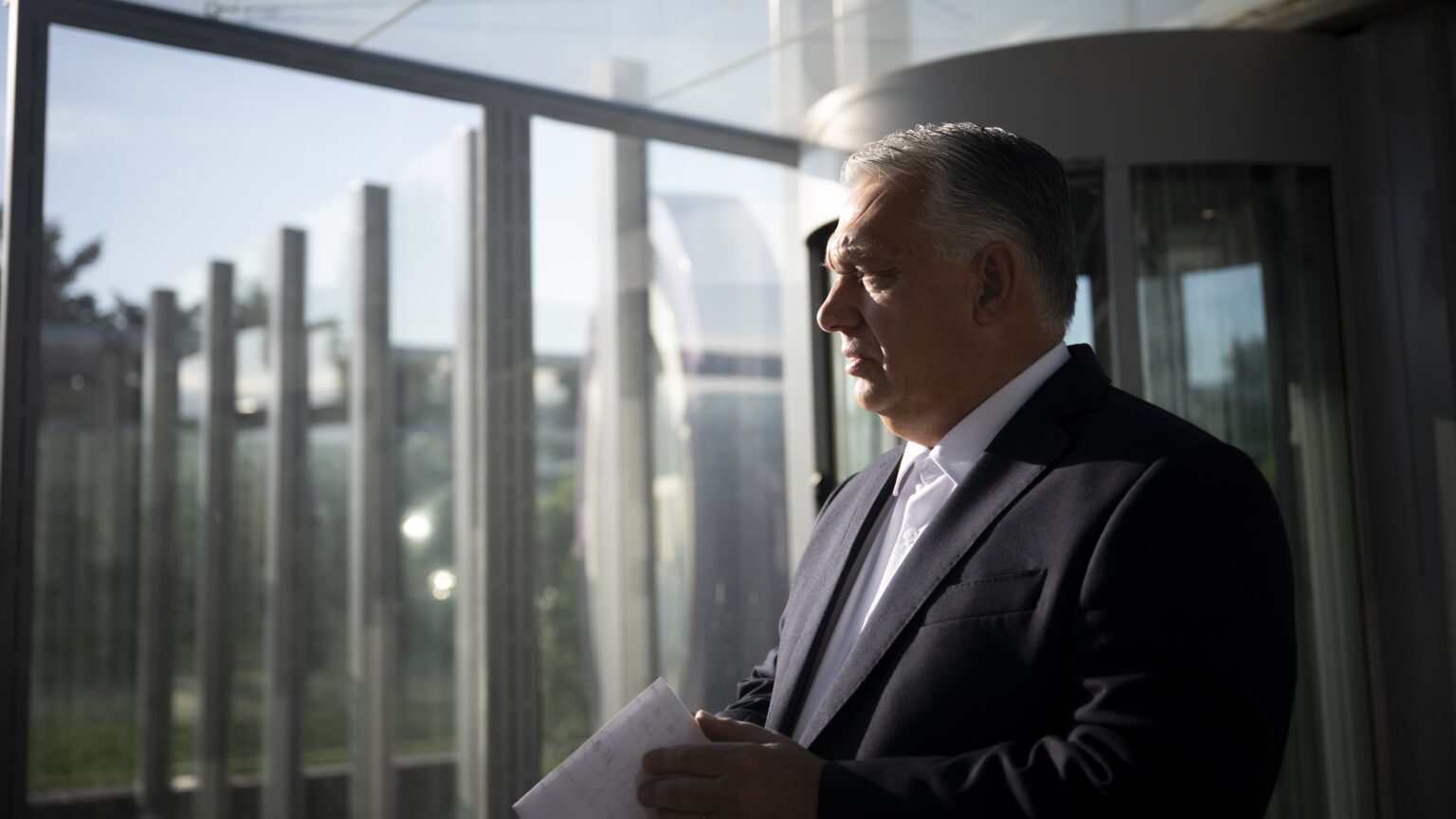
Prime Minister Viktor Orbán unveiled an ambitious, anti-war 2026 budget plan focused on protecting Hungarian families, pledging massive spending on pensions, family assistance, and energy price reductions, while introducing further steps to rein in inflation and regulate retail pricing.
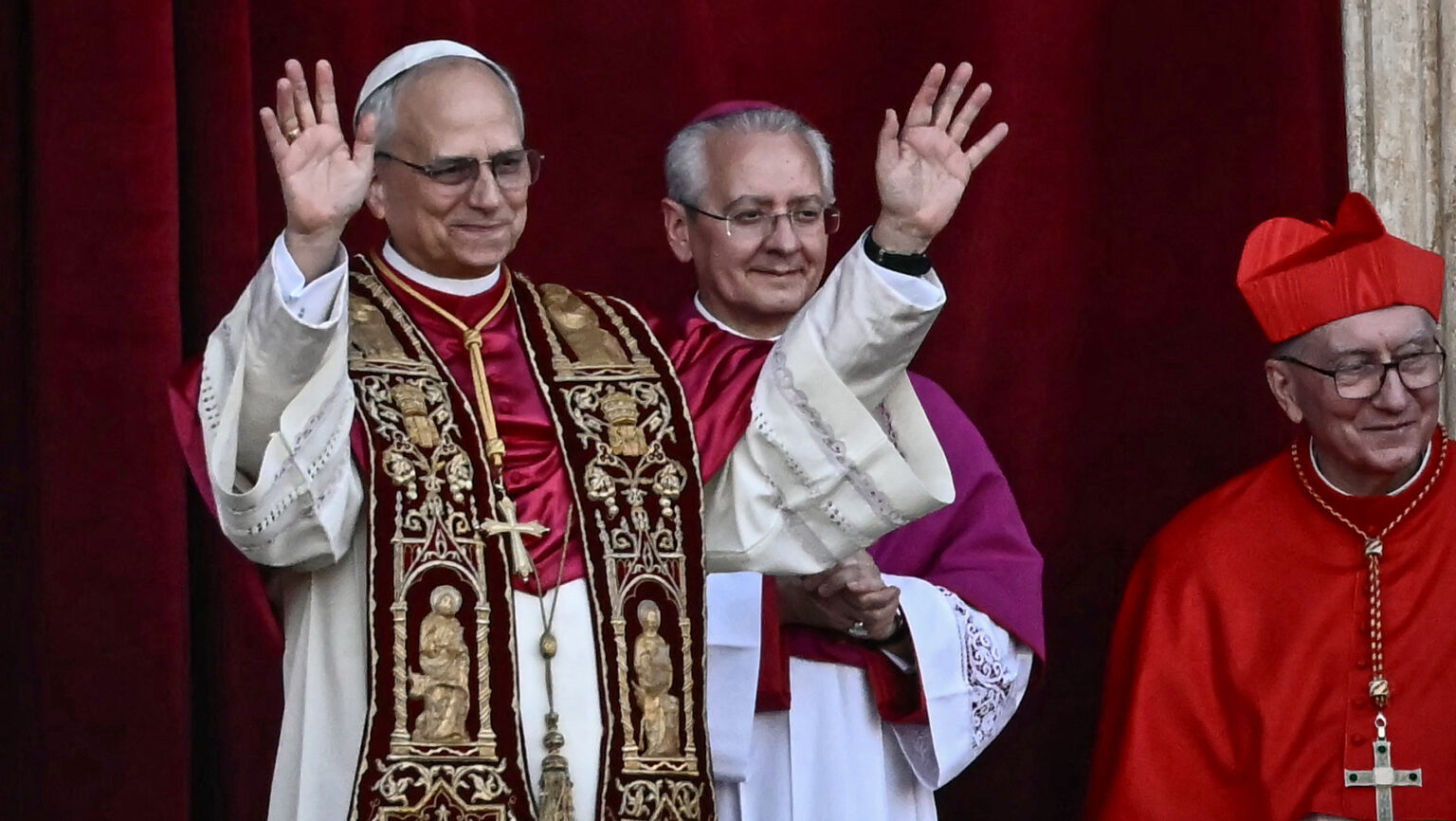
White smoke signalled history in the making: the Catholic Church has elected its first American pope. Cardinal Robert Prevost, now Pope Leo XIV, emerged from the conclave with a call for peace and dialogue. A veteran of Latin American ministry and Vatican leadership, he inherits a Church reshaped by Pope Francis—and still deeply divided.
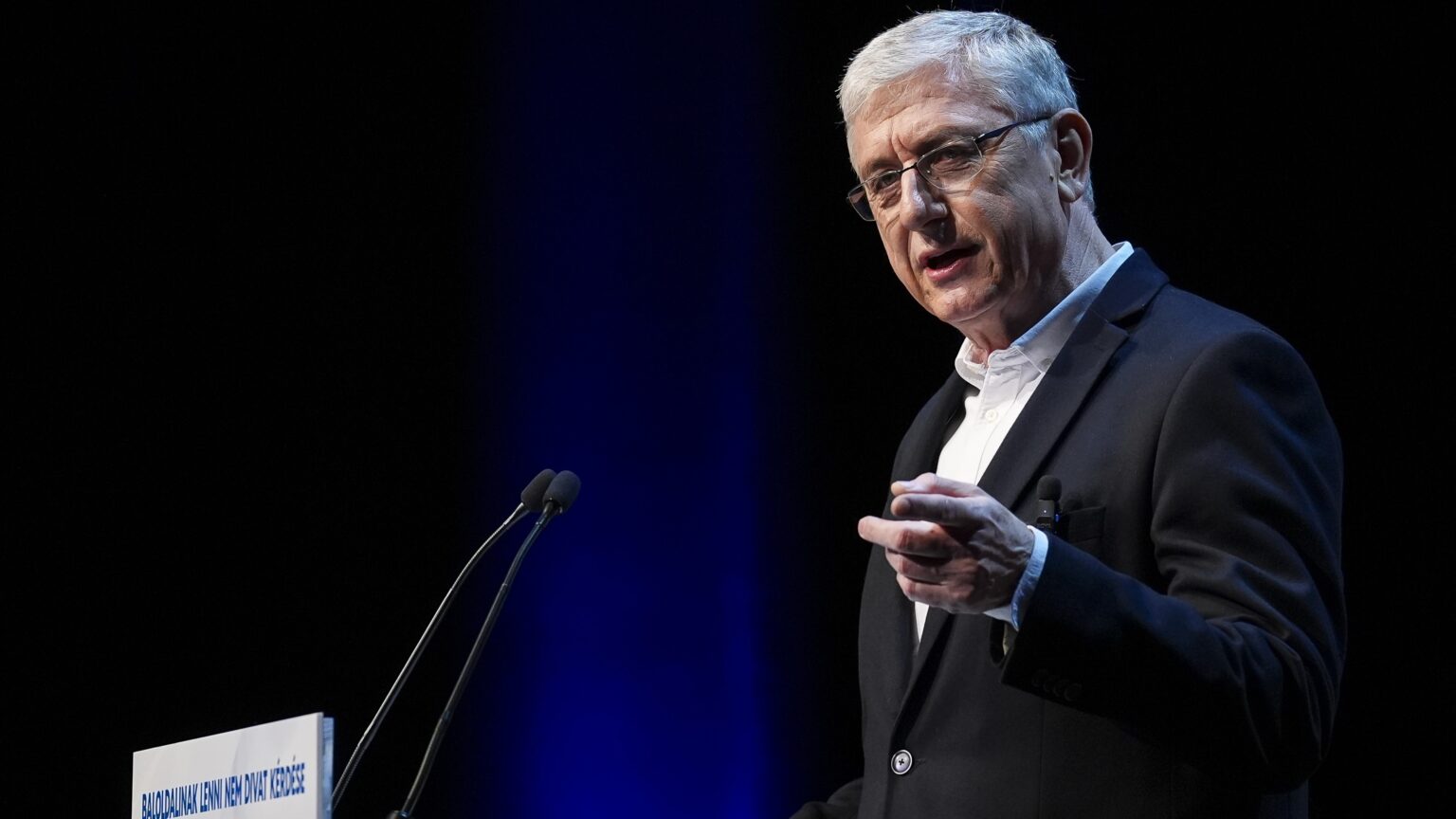
In a significant political and personal development, Ferenc Gyurcsány, former Prime Minister of Hungary and leader of the Democratic Coalition (DK), has announced his resignation from all political positions and his withdrawal from public life. Concurrently, he and his wife, Klára Dobrev, have decided to divorce after nearly three decades of marriage.

Hungarian schools must now display information about the NMHH’s Internet Hotline, helping students and families report harmful online content. The initiative aims to expand awareness of the service through posters and digital resources in institutions.
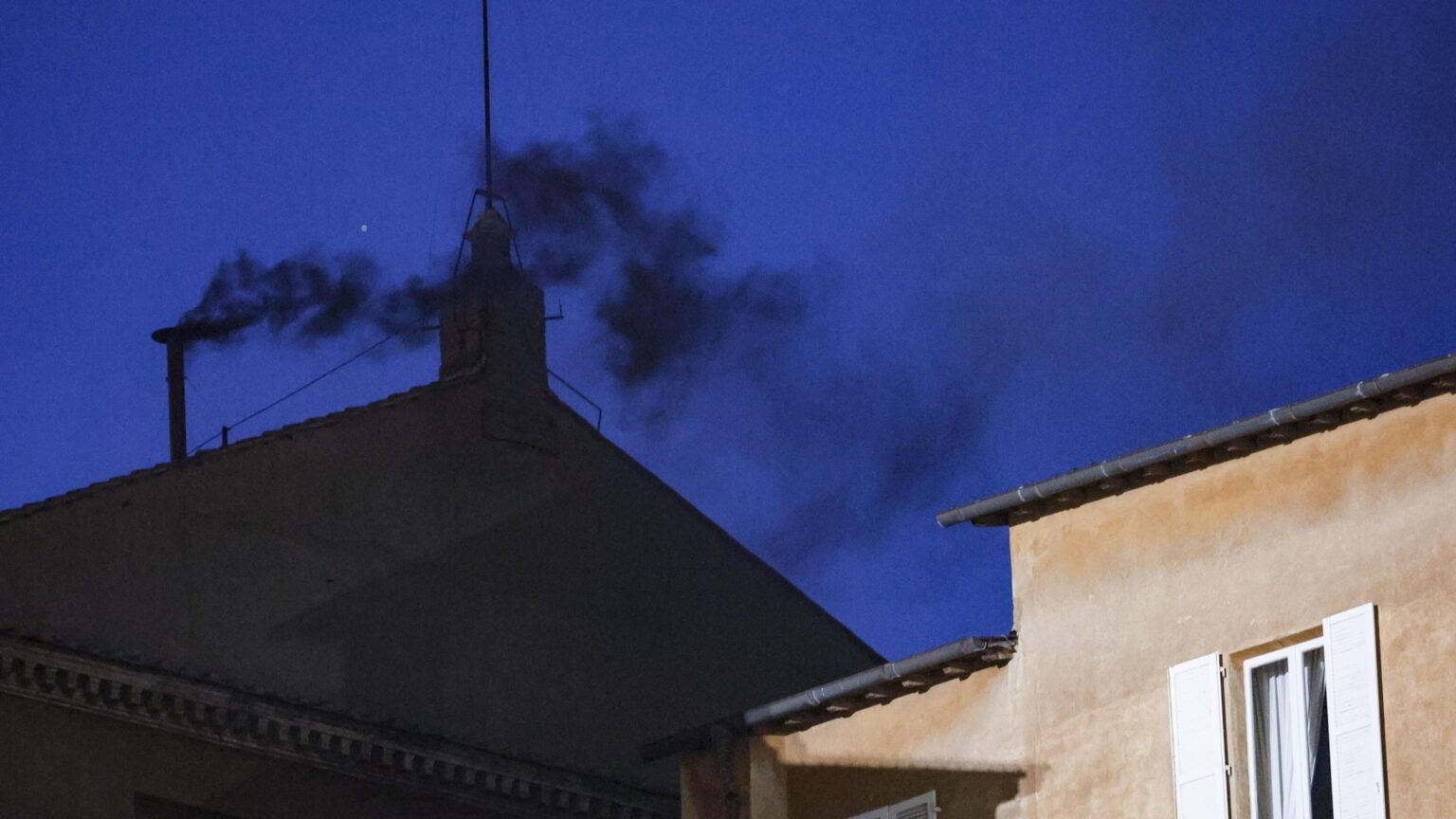
Black smoke billowed from the Sistine Chapel chimney on Wednesday night, signalling that the first round of voting in the papal conclave failed to elect a new leader for the Catholic Church. Thousands gathered in St Peter’s Square to witness the outcome.
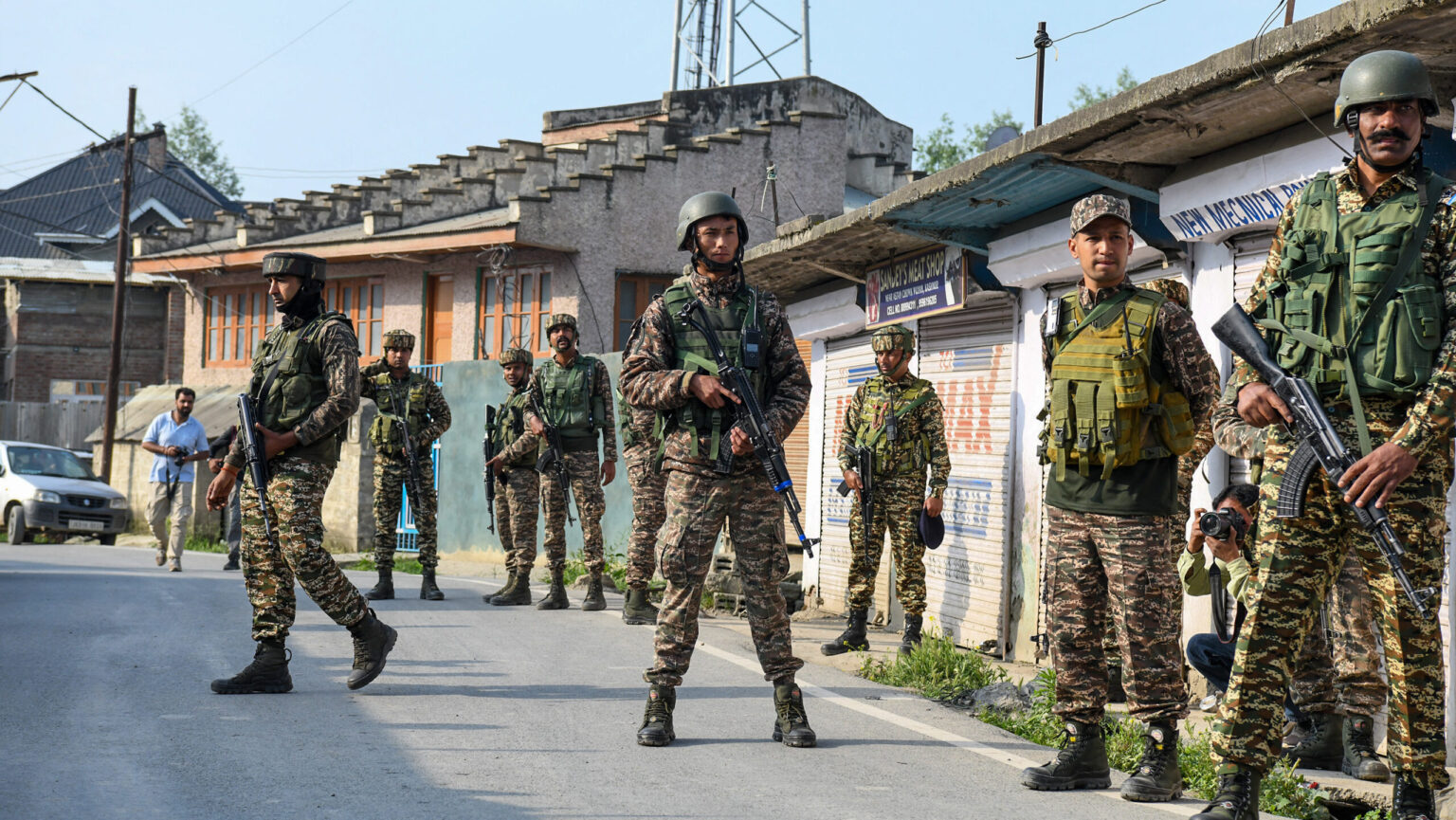
India launched airstrikes into Pakistani territory on Wednesday night, marking a dramatic escalation in tensions between the nuclear-armed rivals. Named ‘Operation Sindoor’, the strike is the most significant cross-border attack since the two nations last went to war—raising fears of a wider conflict in the region.
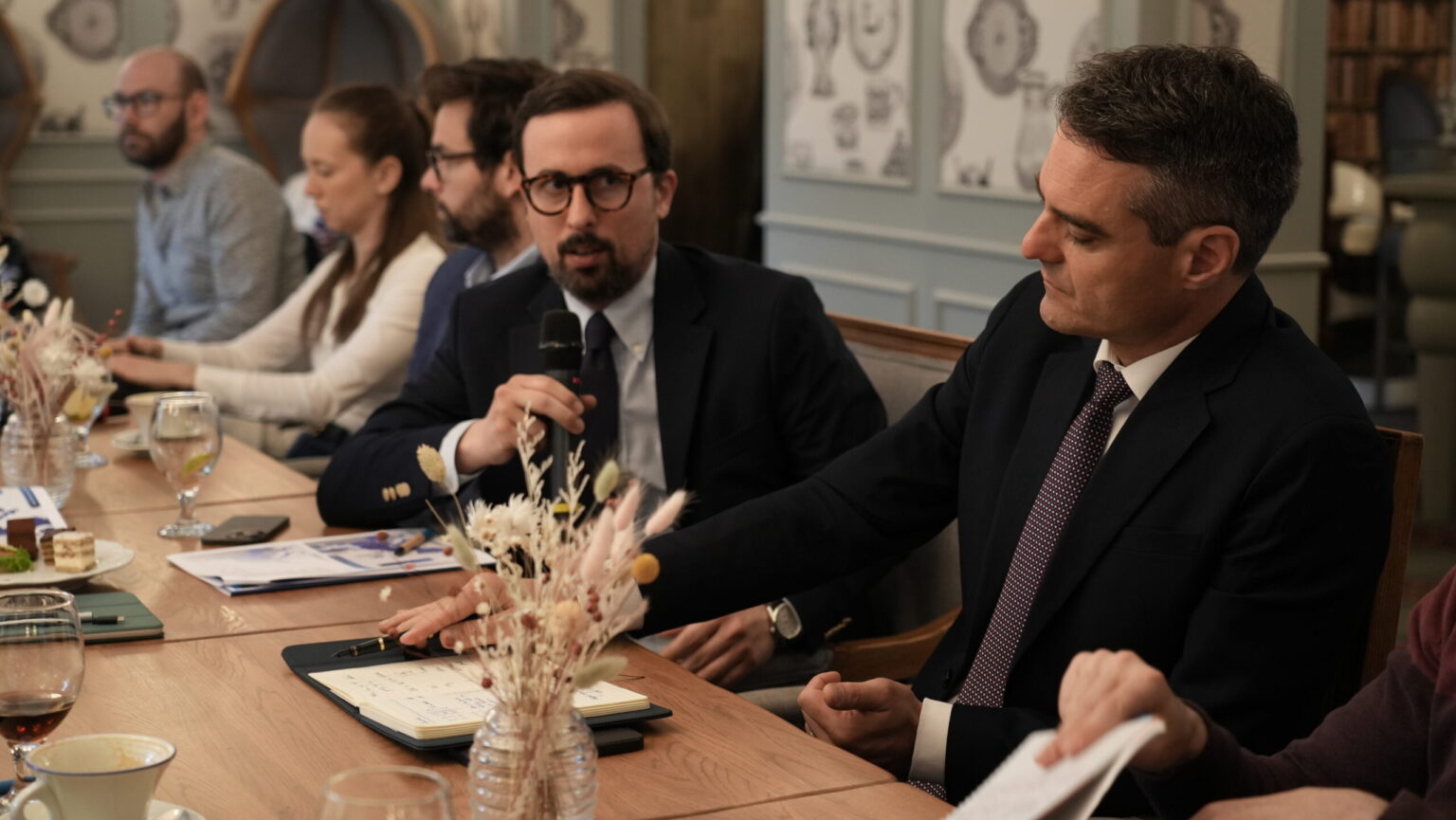
Oeconomus Economic Research Foundation has presented its annual Oeco-Index, an objective and comprehensive indicator of economic development. According to the index, Hungary ranks 18th in the European Union and 35th globally, outperforming countries such as China, Russia, and Italy.
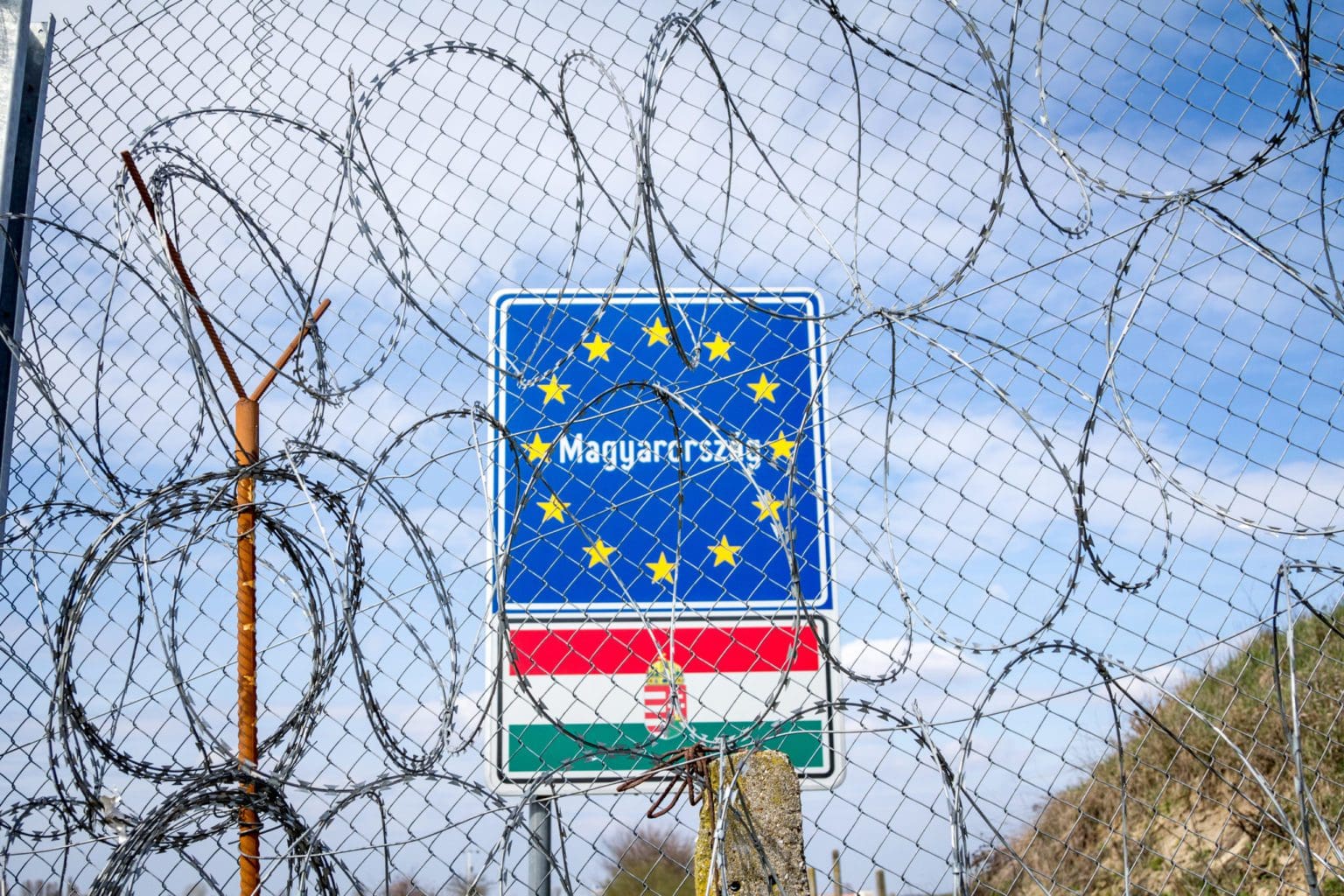
Illegal migration to Europe is set to rise further, Hungary’s top security advisor György Bakondi warned, pointing to the return of smuggling gangs at the southern border and highlighting weaknesses in EU border control measures.
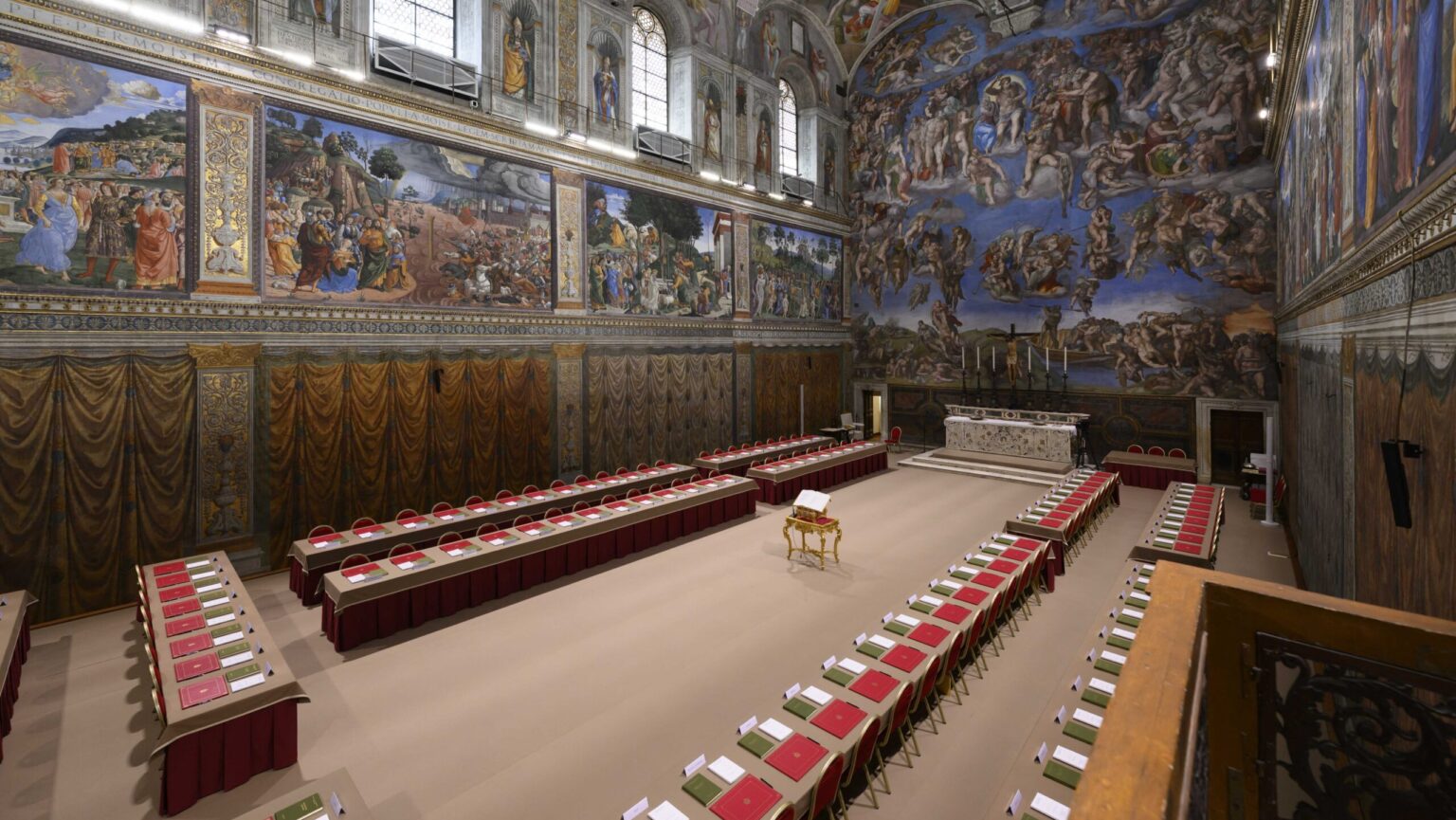
‘Perhaps we will feel the Holy Spirit working in the Sistine Chapel,’ Cardinal Péter Erdő said in a video message posted on Facebook. The Archbishop of Esztergom and Budapest addressed believers as the College of Cardinals gathered in the Sistine Chapel to elect the new pope.
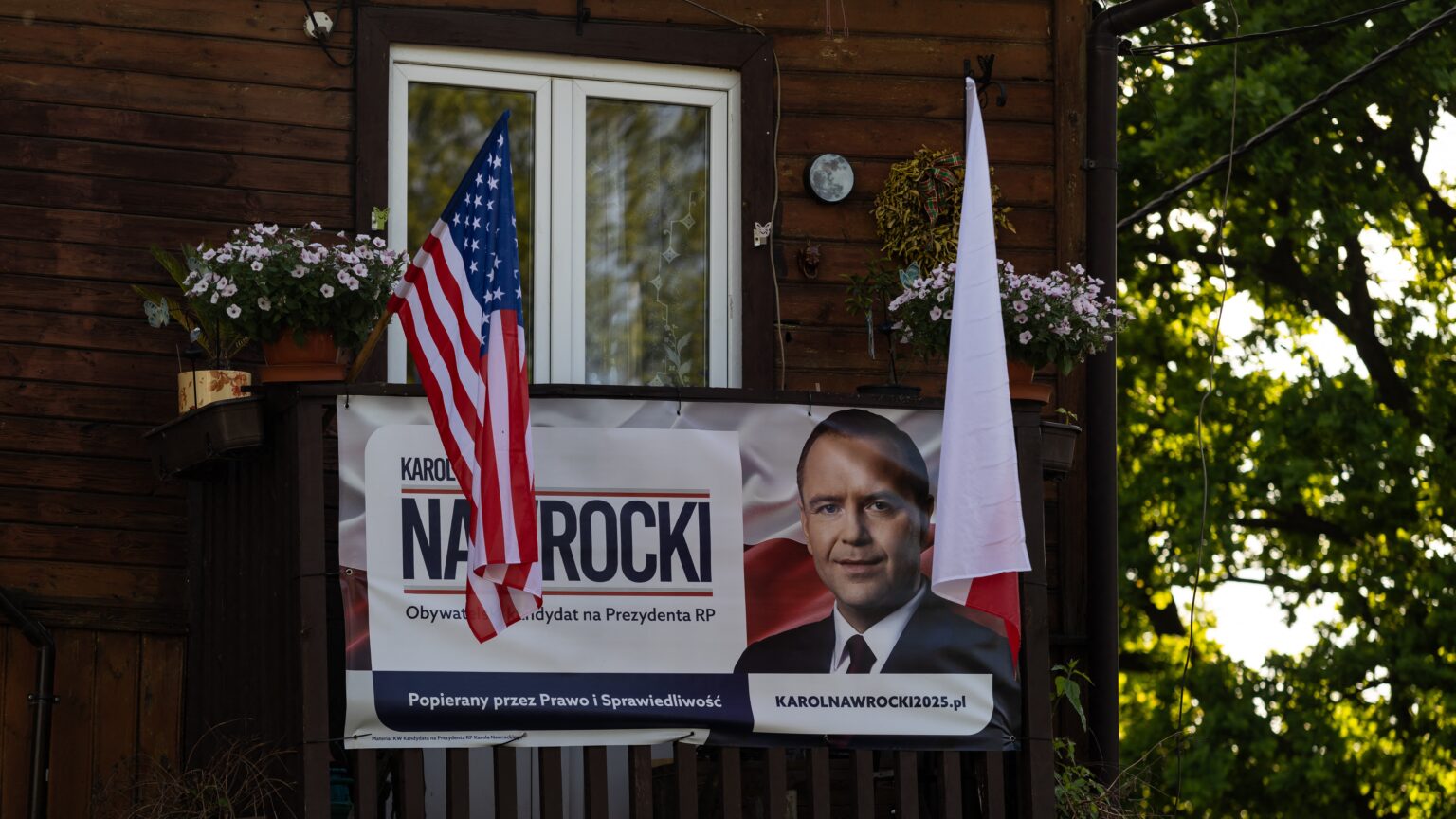
In a reversal of last year’s U.S. campaign outreach to Polish Americans, Polish presidential hopeful Karol Nawrocki is now courting Washington. His meeting with President Trump signals a rare, quasi-endorsement of a foreign candidate—one that’s ignited controversy back home amid claims of lawfare and foreign interference.

Hungary is safeguarding families and businesses from surging energy prices caused by the EU–Russia disconnect by expanding renewable energy capacity and supporting industrial investment, Foreign Minister Péter Szijjártó said at a Nestlé solar plant opening.
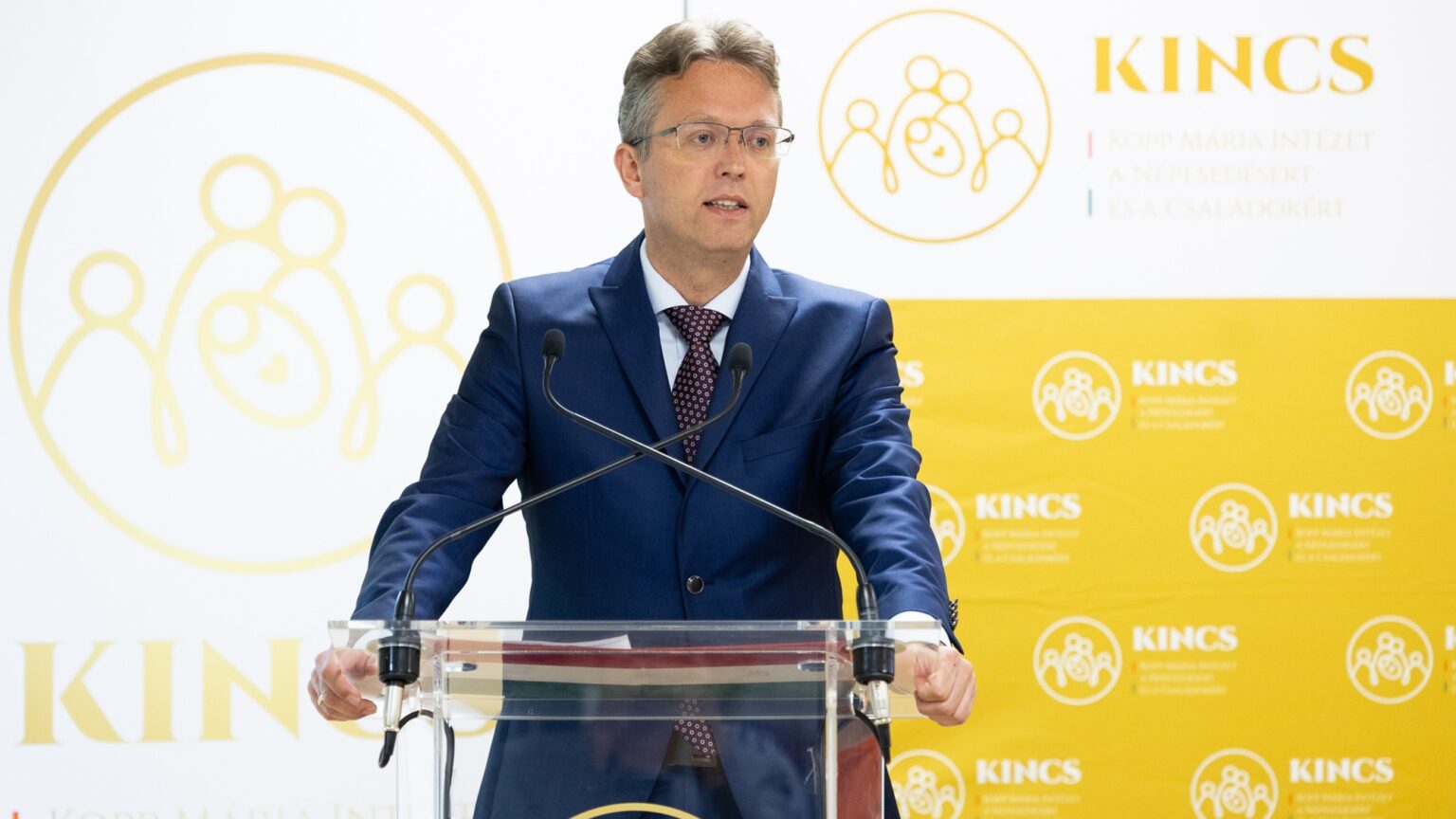
At a press conference with State Secretary for Families Zsófia Koncz and Mária Kopp Institute for Demography and Families (KINCS) President Tünde Fűrész, Minister of Culture and Innovation Balázs Hankó of Hungary stated that, unlike Brussels, the Hungarian government is spending its resources on peace, family, and children, not war.
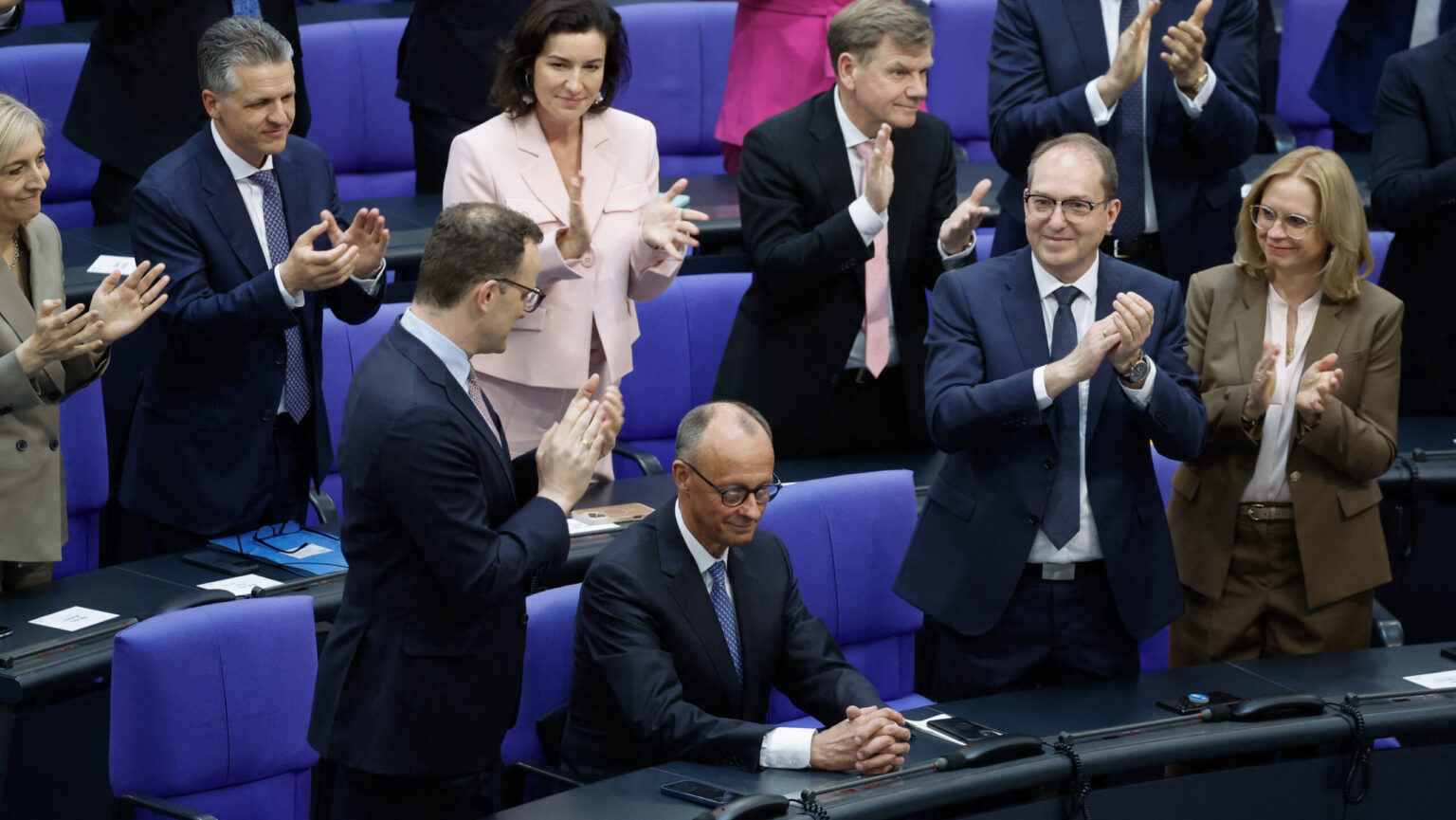
The Bundestag has elected CDU leader Friedrich Merz as Chancellor of Germany in a second round of voting, following a historic failure to secure an absolute majority in the first round. Falling just six votes short, Merz became the first chancellor-designate in the country’s post-war history to require a second vote.
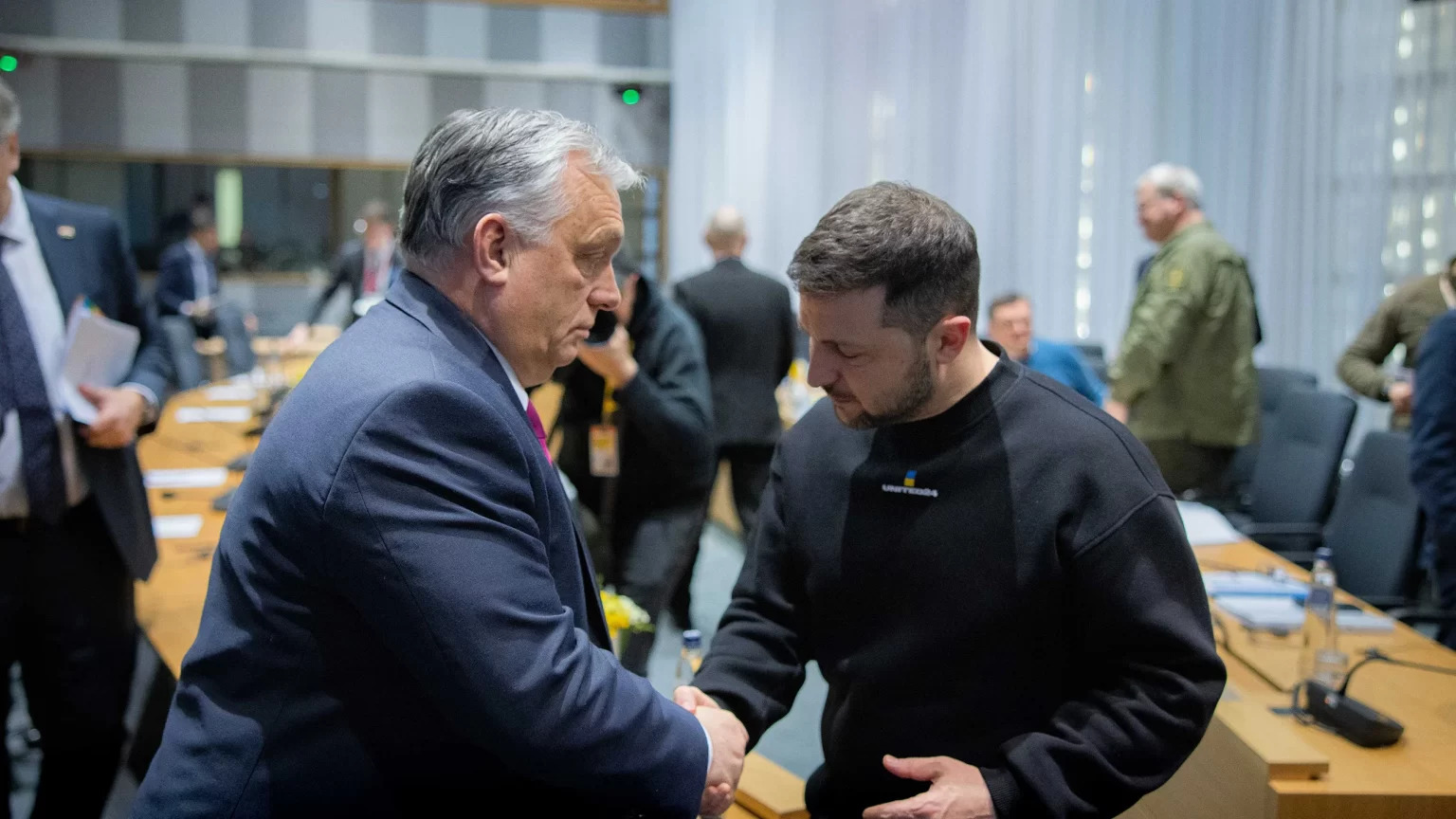
Ukrainian President Volodymyr Zelenskyy claimed that an overwhelming majority of Hungarians—around 70 per cent—support Kyiv’s EU bid, citing an ‘open survey’ conducted by the Hungarian opposition. While this claim is factually incorrect, Zelenskyy also issued a veiled threat to Hungarian Prime Minister Viktor Orbán, warning him not to block Ukraine’s accession or face consequences.

Hungarians are increasingly confident in their current job stability, yet often underestimate the time and effort needed to find new employment if laid off, a new survey by BNP Paribas Cardif and Medián assessing labour market sentiment reveals.
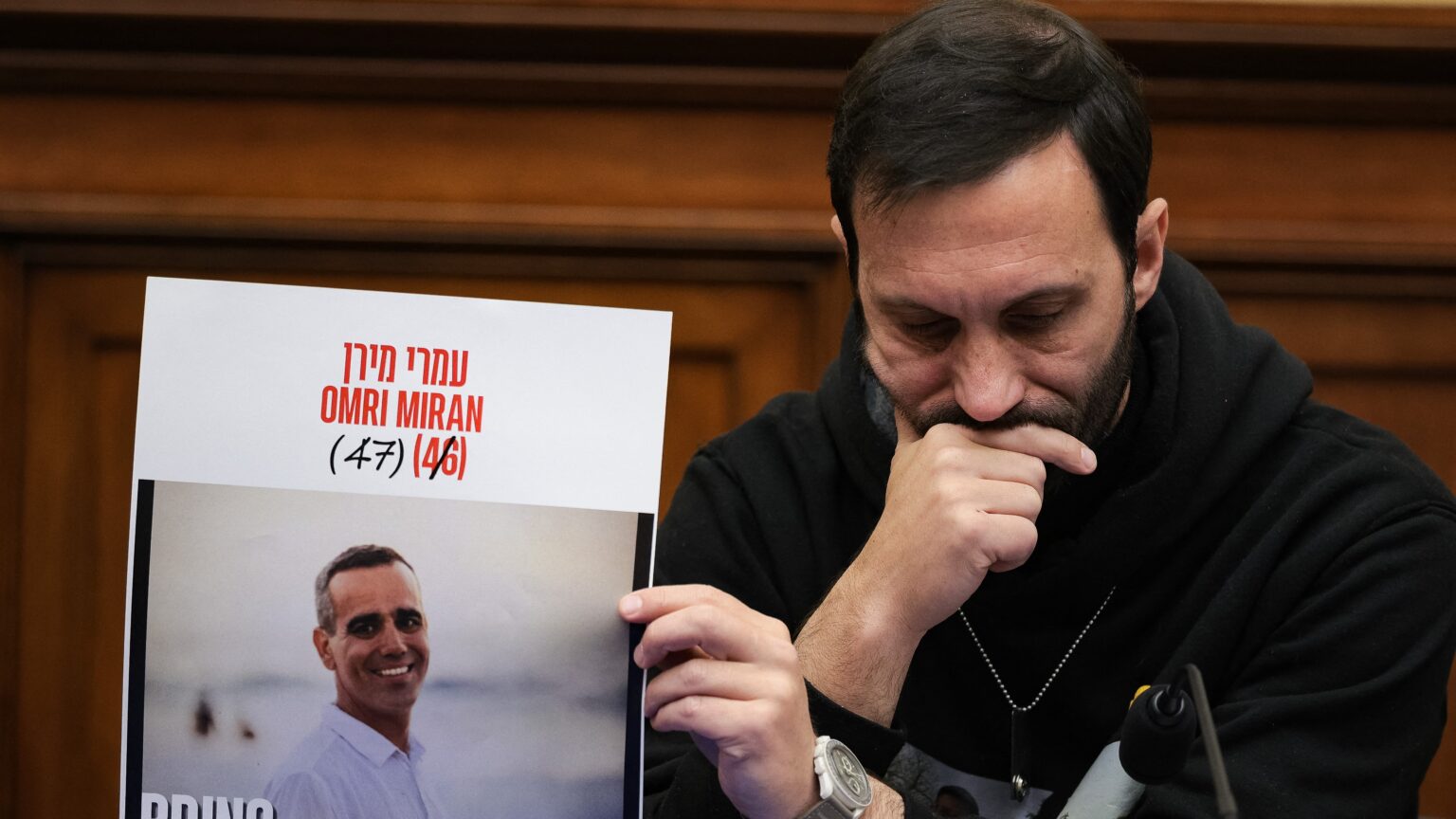
‘Our Omri is strong and will not break, but his heart is broken. A year and a half and 58 hostages are waiting to be brought back…We will continue to fight until Omri returns to us, and especially to his two daughters who are waiting with all their hearts to hold him again.’
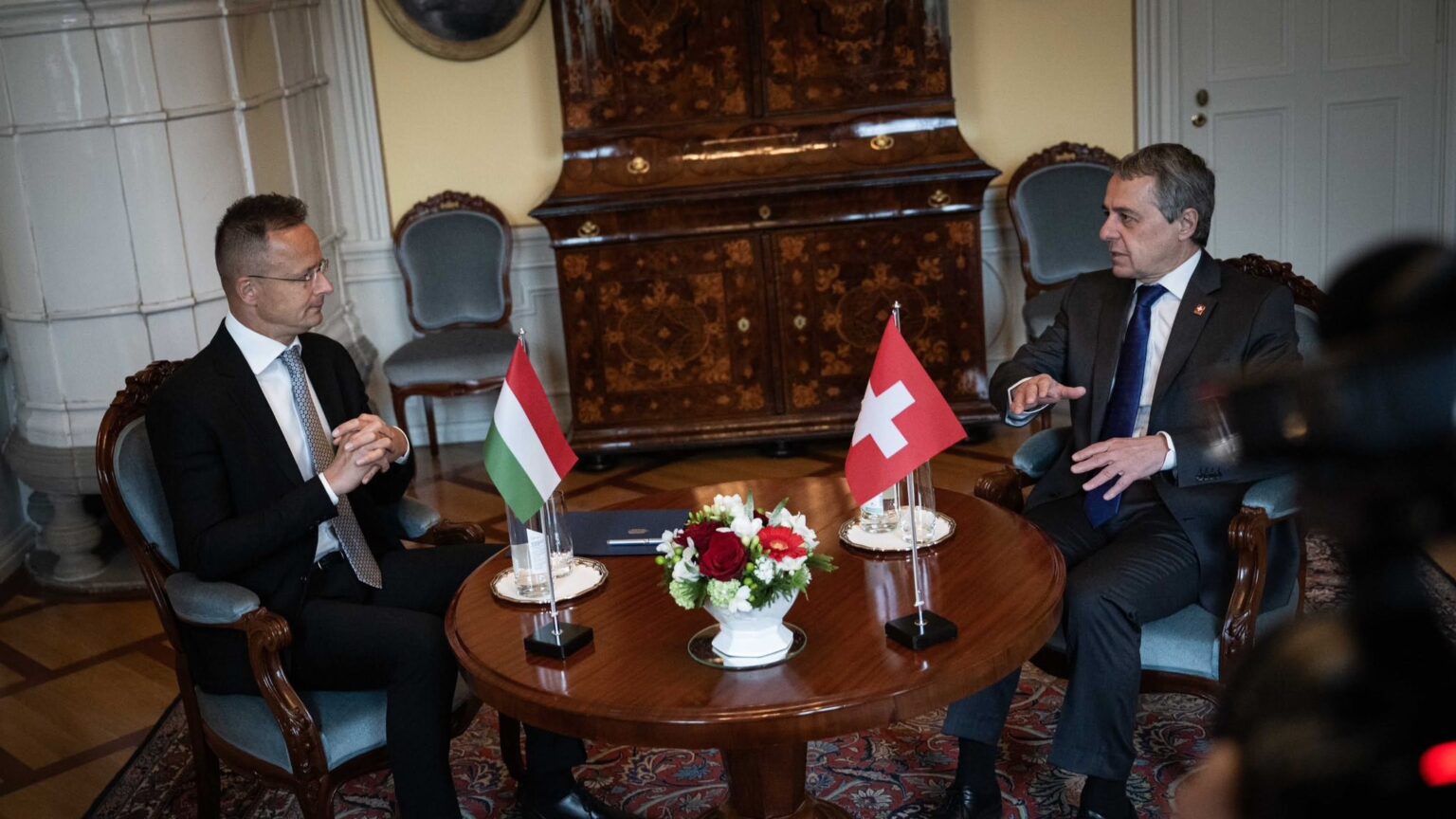
Hungary and Switzerland reaffirmed their commitment to a diplomatic resolution to the war in Ukraine, emphasizing that peace can only be achieved through negotiations involving all parties, Hungarian Foreign Minister Péter Szijjártó said in Bern.

A new international study led by researchers from Constance University and Max Planck Institute, with support from Hungary’s Eötvös Loránd University (ELTE) and MIT, has used virtual reality to decode how fish swim in schools—revealing simple natural rules that may revolutionize robotics.
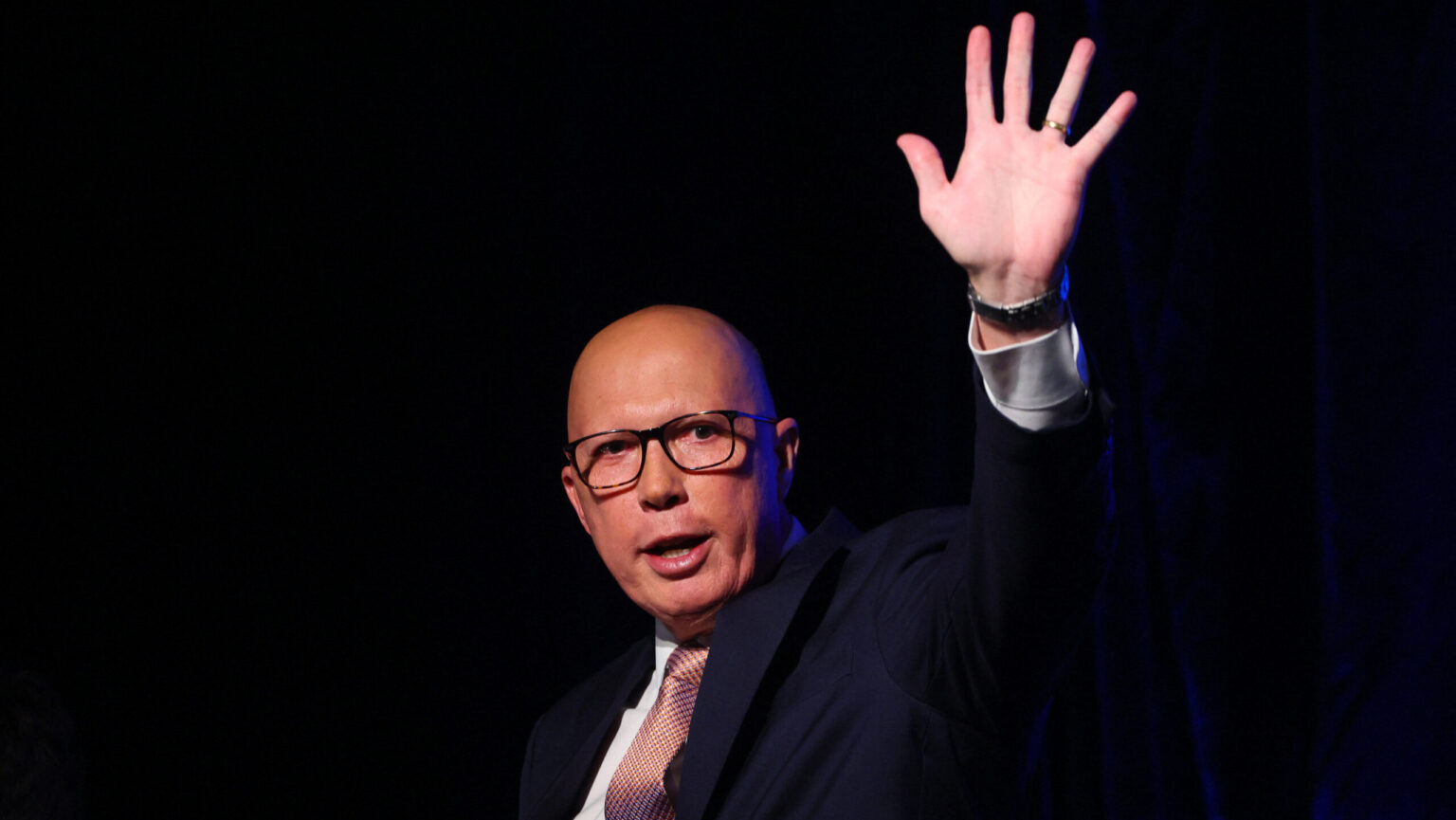
After the Canadian Conservatives faltered in last week’s federal election—amid a campaign dominated in its final months by US President Donald Trump’s tariffs—, Australia witnessed similar electoral dynamics, as the Liberal–National Coalition led by Peter Dutton lost to incumbent Anthony Albanese’s Labour Party in what had long seemed a certain win for the opposition.
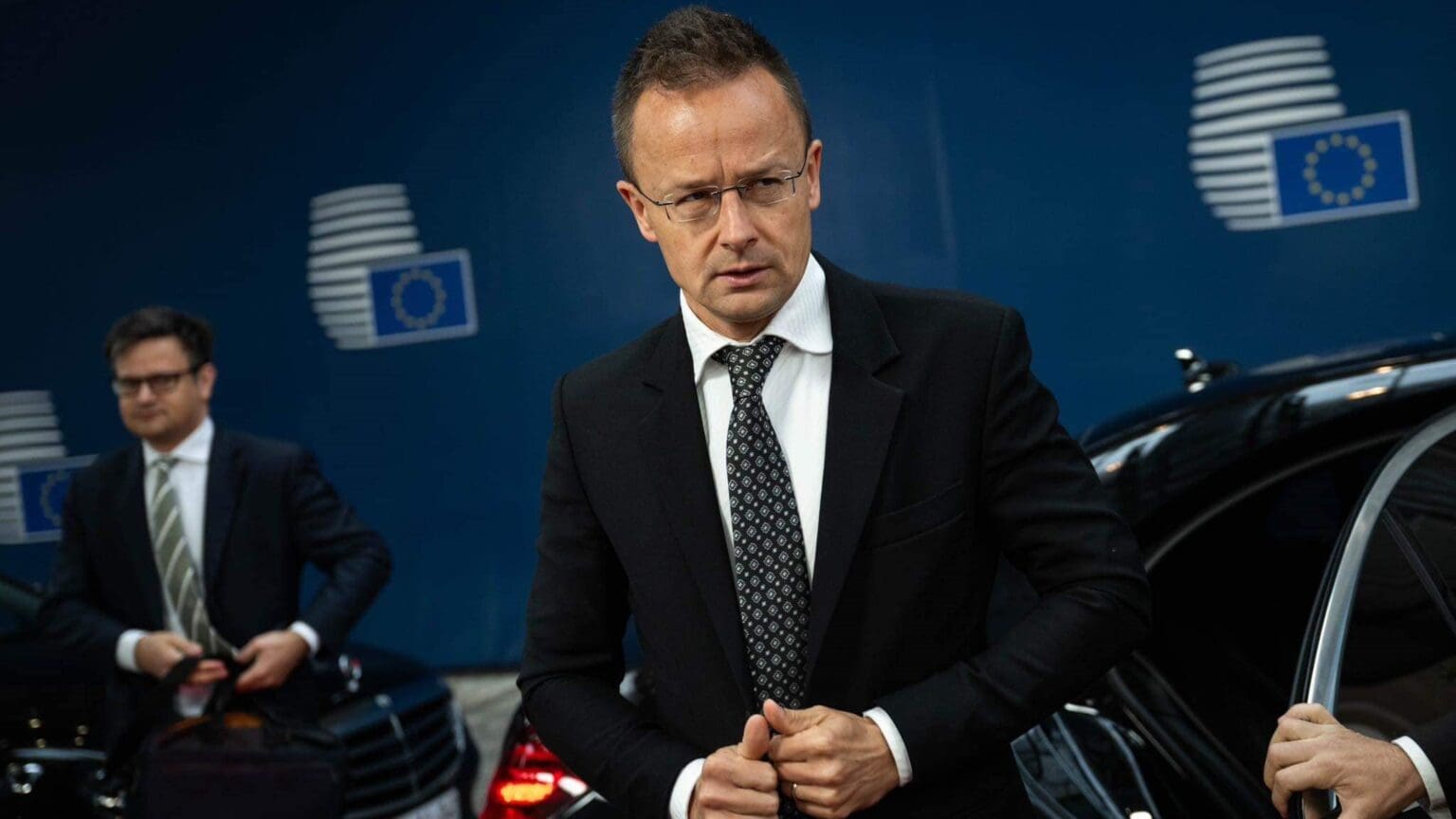
After the terror attack in the disputed Kashmir region last month, Minister of Foreign Affairs and Trade Péter Szijjártó of Hungary wrote in a Facebook post that he had spoken with his Pakistani counterpart Ishaq Dar over the phone; and that Hungary wants to see a de-escalation of tensions in the region.
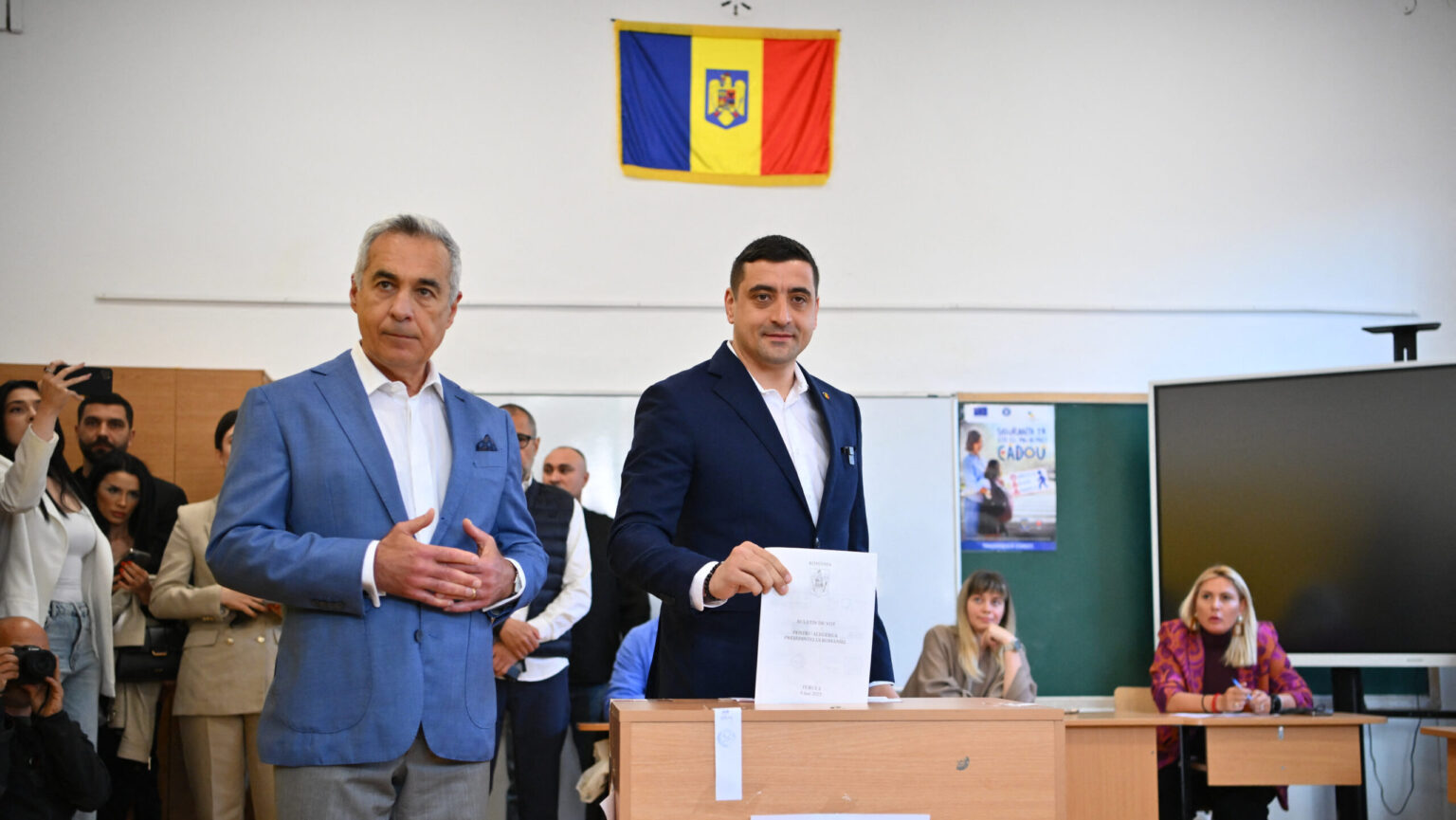
George Simion, candidate of AUR, won the first round of Romania’s presidential election, finishing ahead of Bucharest Mayor Nicușor Dan. The two will face off in the second round on 18 May, as the country grapples with the most serious democratic crisis in its modern history following the constitutional court’s annulment of the previous presidential results last December on questionable grounds.
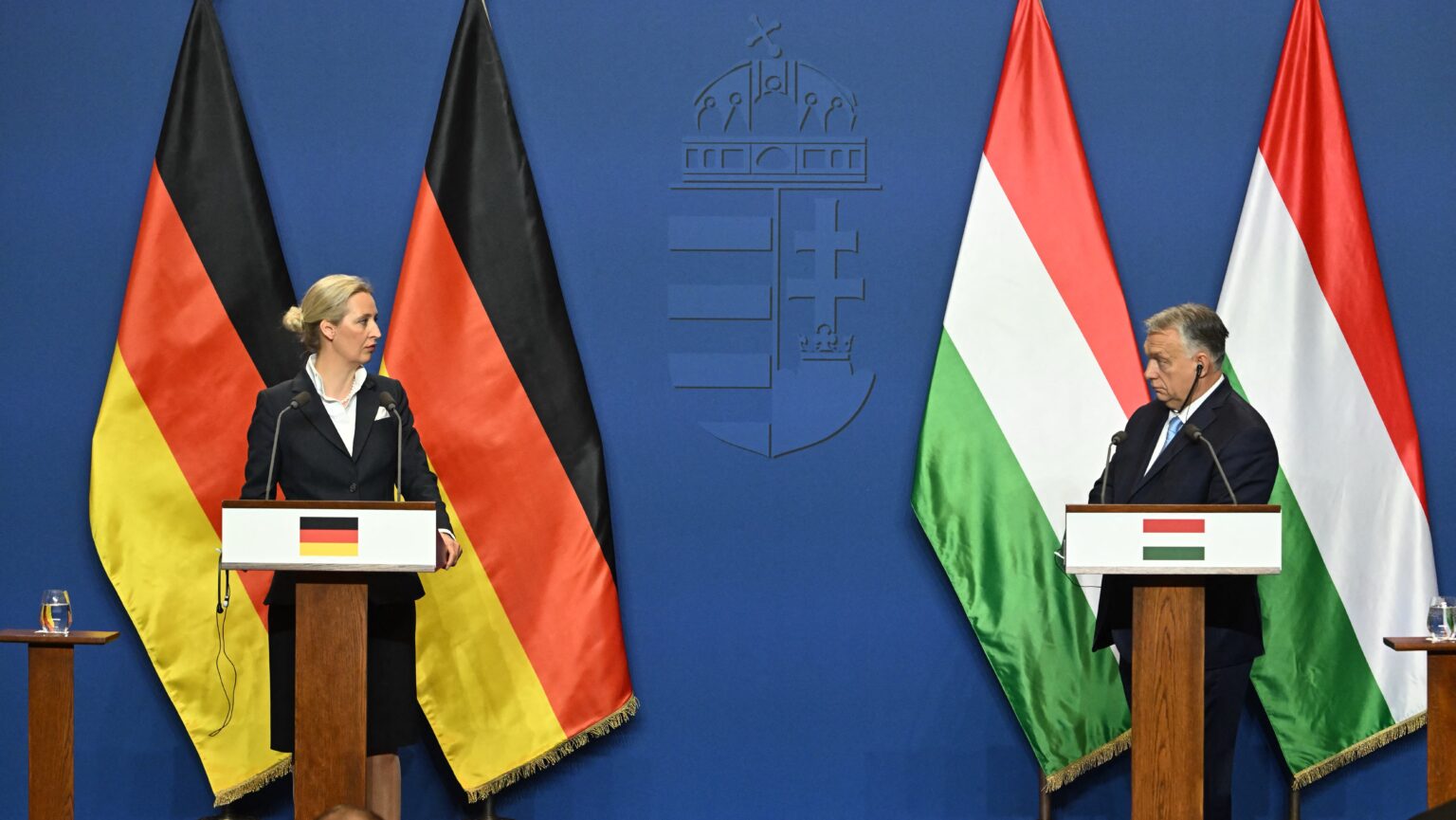
Viktor Orbán, JD Vance, and Marco Rubio were among those who criticized the decision by Germany’s domestic intelligence agency to officially designate Alternative für Deutschland (AfD) as a ‘proven right-wing extremist’ party. The ruling grants the BfV expanded surveillance powers against what is currently the largest party in Germany.
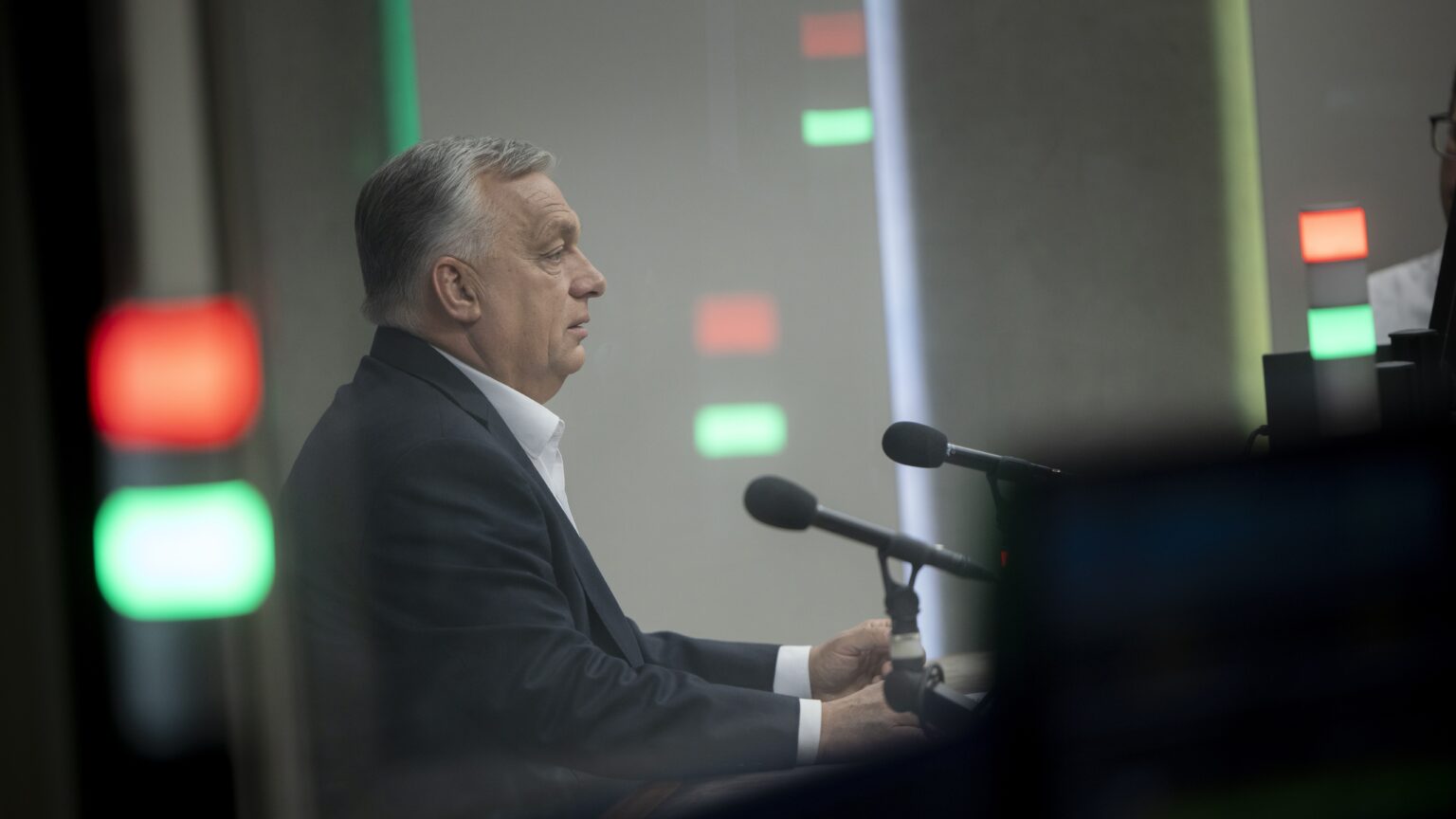
Prime Minister Viktor Orbán warned that Ukraine’s accelerated EU accession would devastate Hungary’s economy. Speaking on Kossuth Radio, he emphasized protecting domestic jobs and economic goals while accusing EU leaders of prioritizing war over peace.
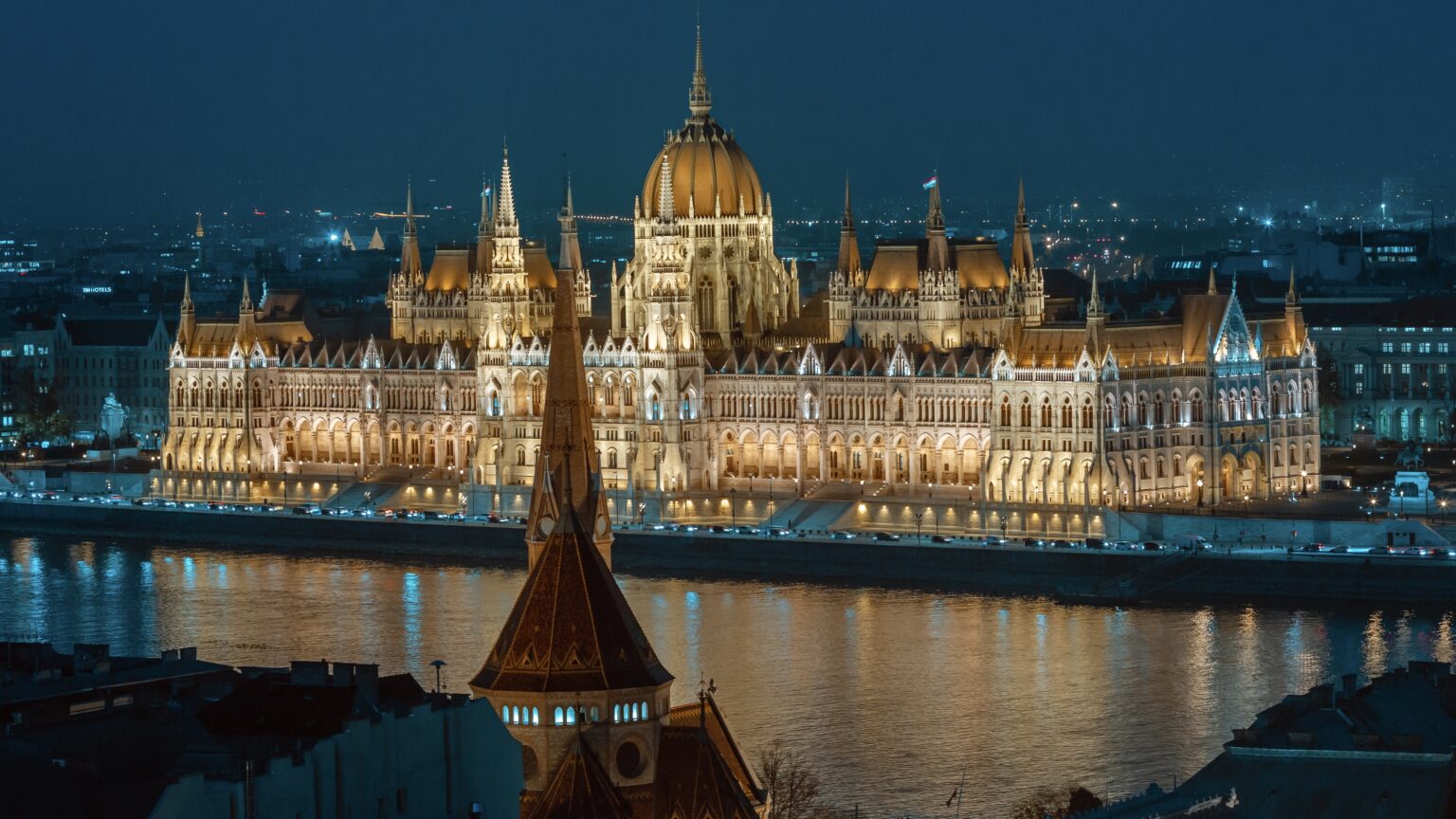
Scope Ratings has reaffirmed Hungary’s ‘BBB’ credit rating with a stable outlook, maintaining the country’s position in the investment-grade category thanks to solid growth prospects, improving fiscal metrics, and resilient economic fundamentals.
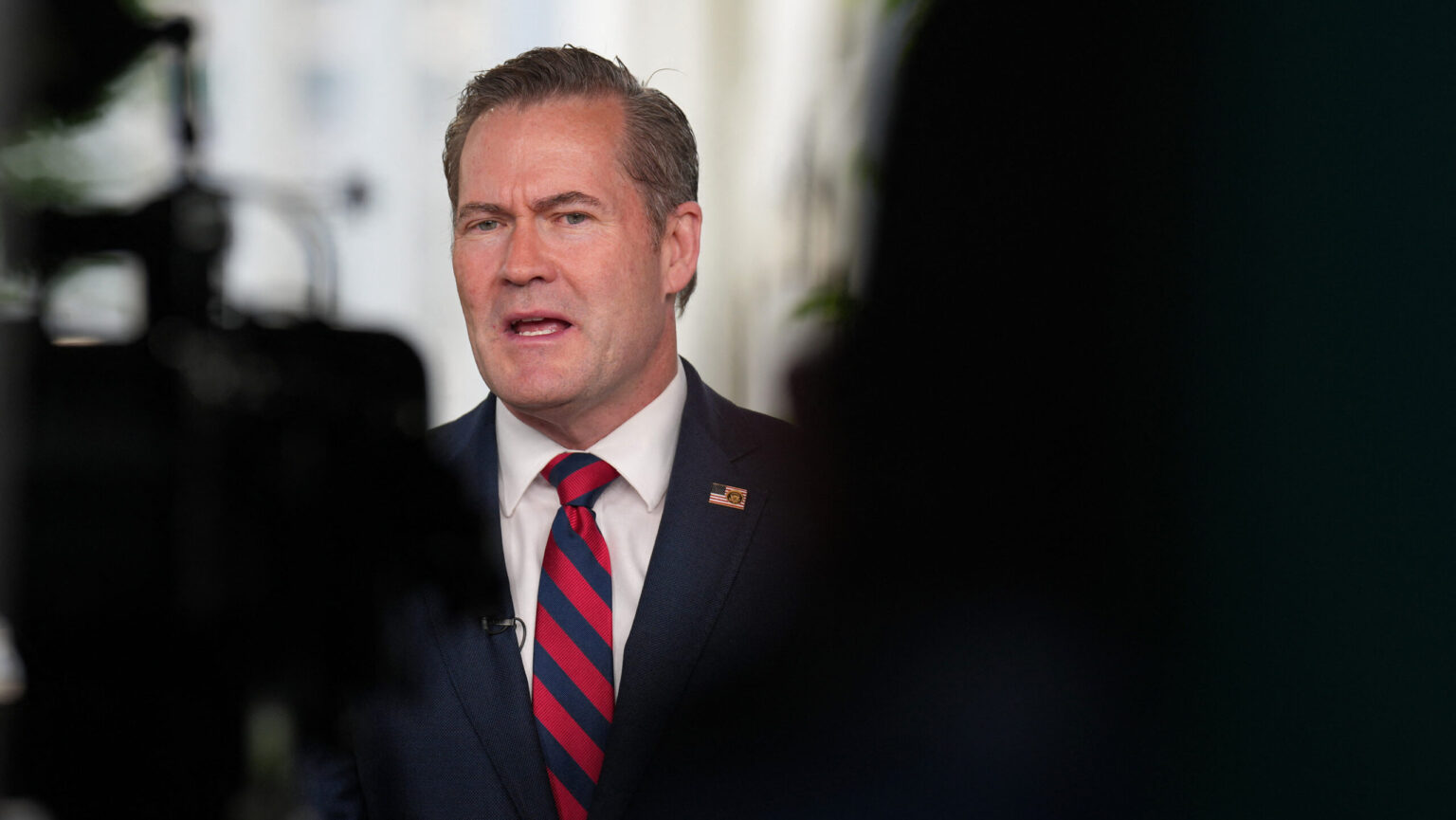
US President Donald Trump has confirmed that National Security Adviser Michael Waltz will step down from his post to serve as the next United States Ambassador to the United Nations. This marks the first major reshuffle of the administration, with Special Envoy to the Middle East Steve Witkoff seen as a possible successor to Waltz.

Players, coaches, agents, sporting directors, scouts, and many more from the world of football gathered to share their respective expertise and exchange ideas about the game at the third annual Football Forum Hungary, held at the Gruopama Arena, home of reigning Hungarian champions Ferencváros, in Budapest. The Hungarian capital will also be hosting the UEFA Champions League Final next year.
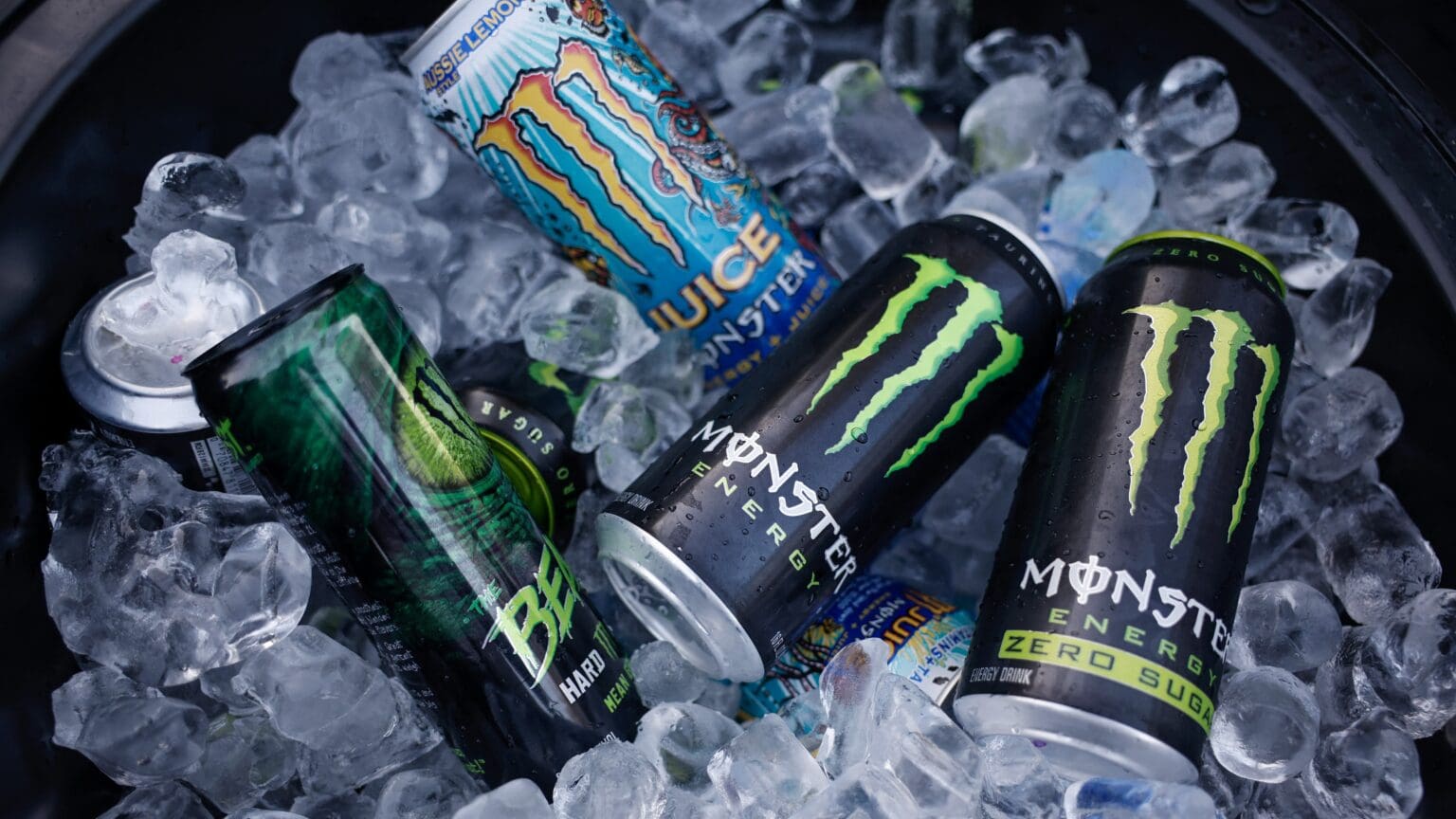
Hungarian teens under 18 will no longer be able to buy energy drinks starting this summer, as Parliament has unanimously passed a law aimed at curbing excessive consumption and protecting youth health, with the ban taking effect 30 days after publication.

Hungarian Conservative is a quarterly magazine on contemporary political, philosophical and cultural issues from a conservative perspective.